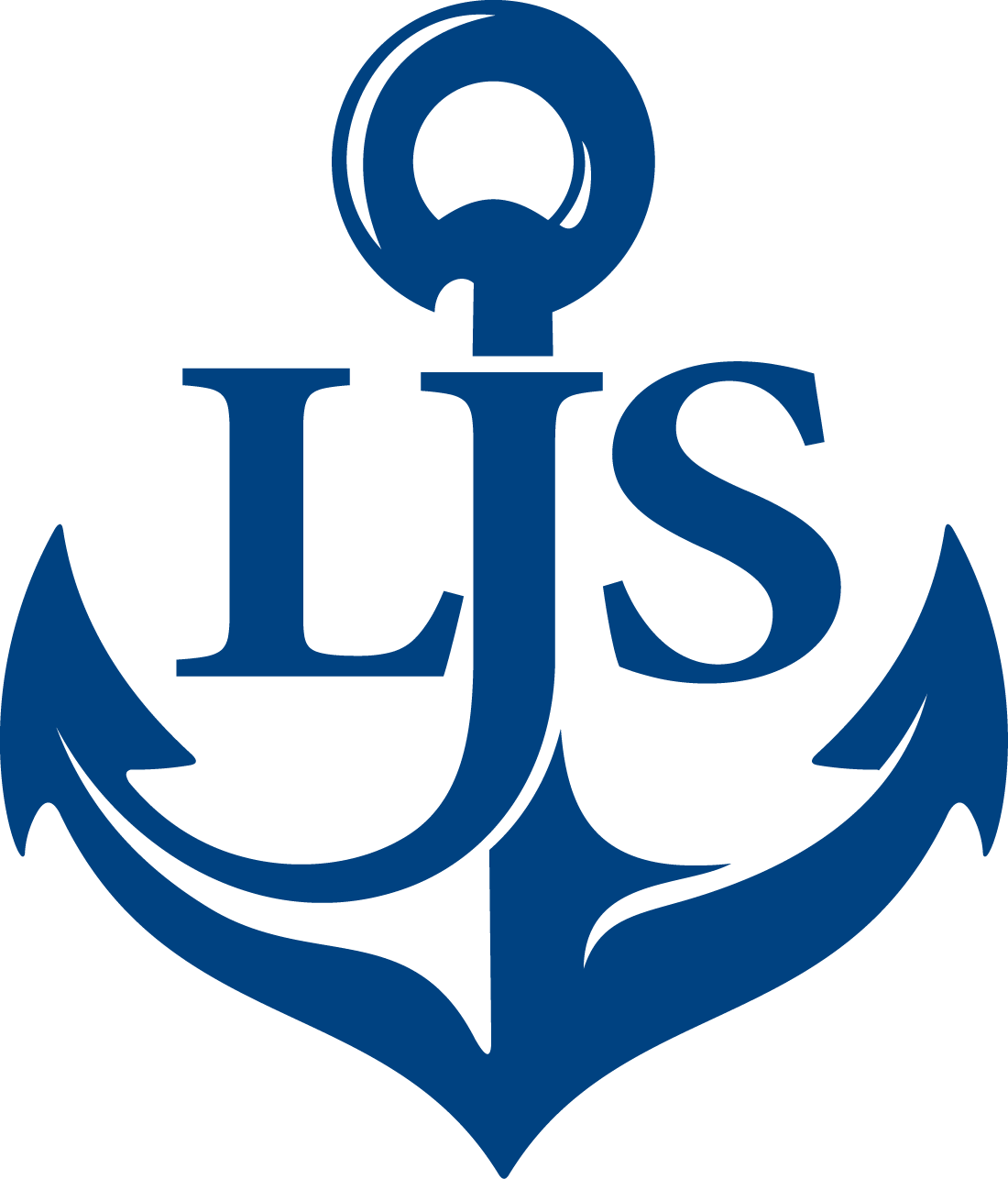DO NOT SIGN:
-
A blank contract or a contract which obliges you to comply with conditions which are not properly detailed or unclear to you.
-
A contract which does not specify the term of contract or stipulates a possibility to change its term by a shipowner unilaterally. Any changes in the term of a contract should be made upon mutual agreement.
-
A contract which provides for a right of a shipowner to delay terms of payment or to make any deductions from the salary during the term of the contract. In the end of each calendar month you should receive your salary in full.
-
A contract containing clauses providing for your responsibility for payment of any share of expenses connected with your arrival to the ship or repatriation.
-
A contract containing clauses limiting your right to be a trade union member, to communicate, to receive consultations or to entrust with representing your interests any trade union at your discretion. Pease remember, whatever provisions and conditions may be, THE CONTRACT CONCLUDED AT YOUR FREE WILL SHALL BE HELD LEGALLY BINDING DOCUMENT IN COURTS OF MOST COUNTRIES!
-
Make sure the salary set forth by a collective agreement and your individual contract is paid in time. In case of delay for over one and a half – two months immediately contact an MTF inspector or your trade union.
-
Make sure the company hiring you for a ship is properly certified for conformity of its sailors recruitment and employment services with international requirements. Please find a list of certified crewing companies below, in the section Crewing Companies or on the web site www.ltsa.lrv.lt If you have just a slightest doubt when concluding a crewing contract, please contact the LSU: only here you may have a crewing company’s legitimacy (authenticity) checked.
-
You should know that if you are requested to pay for your employment you are being cheated! Crewing is free of charge!
-
Please remember that an individual shipping articles does not always contain clear listings of additional benefits. Therefore you should try to receive confirmation (preferably in the form of a written agreement or obligations under the contract) of an amount of compensation paid in case of:
-
disease or trauma during the term of contract,
-
death (sum payable to the next-of-kin),
-
loss of ship,
-
loss of personal belongings due to loss of ship,
-
early termination of the contract.
-
-
Don’t forget to take an English dictionary of maritime terms with you: knowledge of standard maritime phrases will facilitate communication, and in emergency situations it may save your life! Knowledge of the English language in general will be useful if you are looking for a well-paid job at good foreign companies.
-
Please have addresses and telephones of LSU and ITF inspectors with you: should any difficulties arise, get in touch with them immediately.
GUIDE FOR SEAFARERS, WORKING ON SHIPS OF «FLAG OF CONVENIENCE», REGARDING OCCUPATIONAL SAFETY
Immediately upon arrival on board the ship and before taking over the watch, before the beginning of ship works, an enlisted crewman should be instructed on occupational safety by the head of the service (chief mate, senior (chief) engineer or occupational safety officer). A seafarer is familiarized with the construction peculiarities of the ship, navigating zone, type of shipped cargo (its hazardous production factors), the Company’s occupational safety policy, a list of personal protection equipment (PPE). Occupational safety instruction is registered with signatures of a seafarer and a command officer who performed the instruction in the instruction log or a checklist (according to the Company’s policy and the legislation of the country of the ship’s flag).
From the very beginning of his presence on ship till the expiration of the contract a seafarer should strictly follow the occupational safety instruction (for an enlisted crewman), occupational safety rules (for command officers).
A seafarer should immediately upon arrival to ship familiarize himself with his muster list and know: where his personal rescue facilities are kept, in which boat he should leave the ship, ways of emergency evacuation from the compartment, from his working place (watch).
The issues of providing a seafarer with special clothes, special boots, personal protection equipment (PPE), collective meals, bedclothes, accommodation, sanitary and domestic services are stipulated in the Collective agreement ITF.
A seafarer has a right to inform the master, authorized company’s representative (DPA), PSC inspectors, ITF inspectors about any discrepancies in the occupational safety norms that may cause danger to safe navigation, comfortable accommodation and sufficient meals onboard.
If a seafarer during his work under a contract had an employment injury he must (if he can and is able to) inform about such injury his immediate superior (the master). Within the period of time stipulated in the Collective agreement, legislation of the country of the ship’s flag, but not longer than within three days, such injury should be investigated by a ship committee lead by the master. Based on the results of such investigation the seafarer is issued a copy of a report (form «Н¬1» or accident report of the form specified by the insurance company) in a language familiar to the seafarer. At the same time the injured seafarer should know that, under the Collective agreement, a salary is guaranteed to him in the amount of base salary rate for 130 days, and the Company should pay medical expenses on his treatment.
If a seafarer was severely injured and had to be hospitalized in a foreign port, such seafarer after a course of treatment at the hospital, having received from the attending physician documents on the results of such treatment (X-ray photographs, test results, etc.), upon his return to Lithuania (at the place of residence), should:
-
notify the Company that he has arrived to Lithuania and continues a course of treatment;
-
receive medical treatment at his place of residence; – receive a sick leave certificate;
-
keep (for further presentation to the Company) the sick leave certificate and all the financial documents for his treatment which are payable according to the Collective agreement (if it existed on the ship).
Please have addresses and telephones of ITF and LSU inspectors with you.

